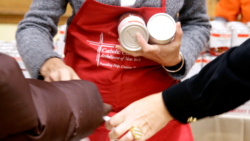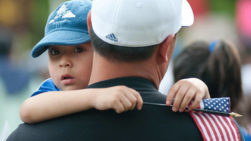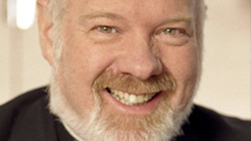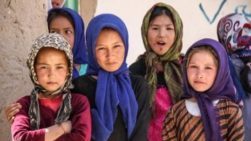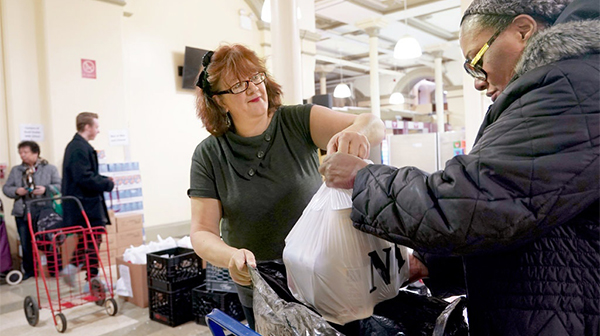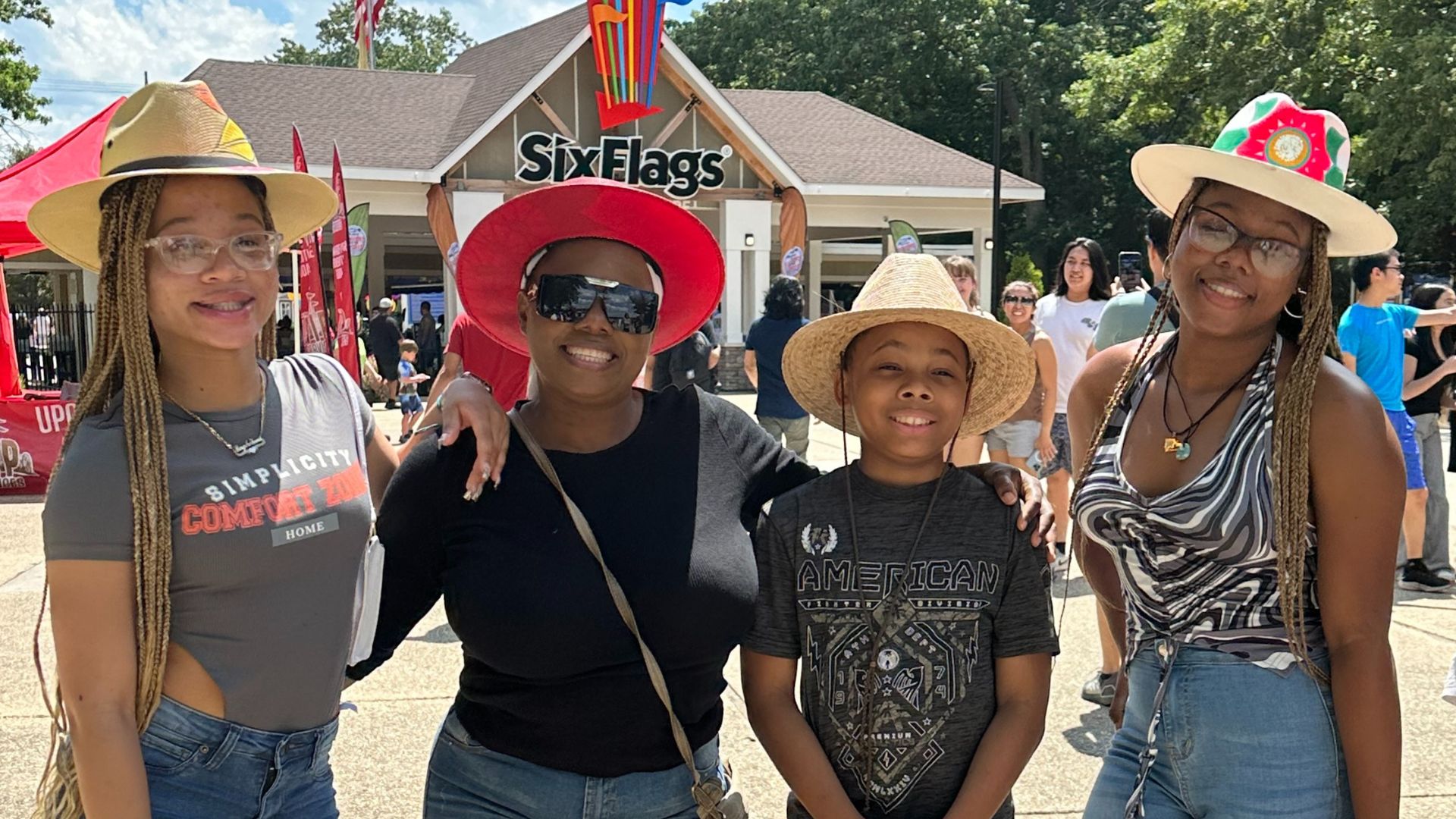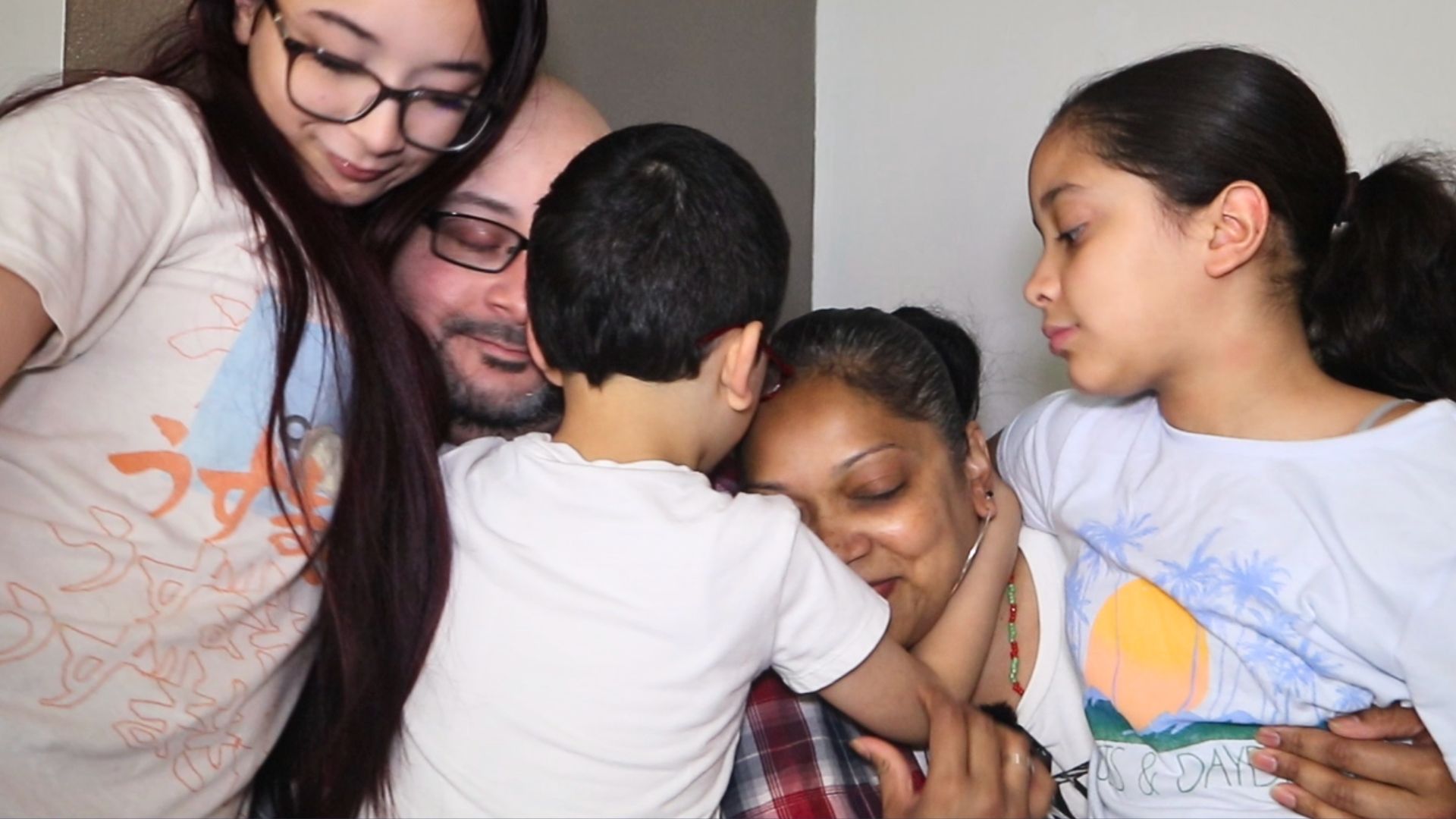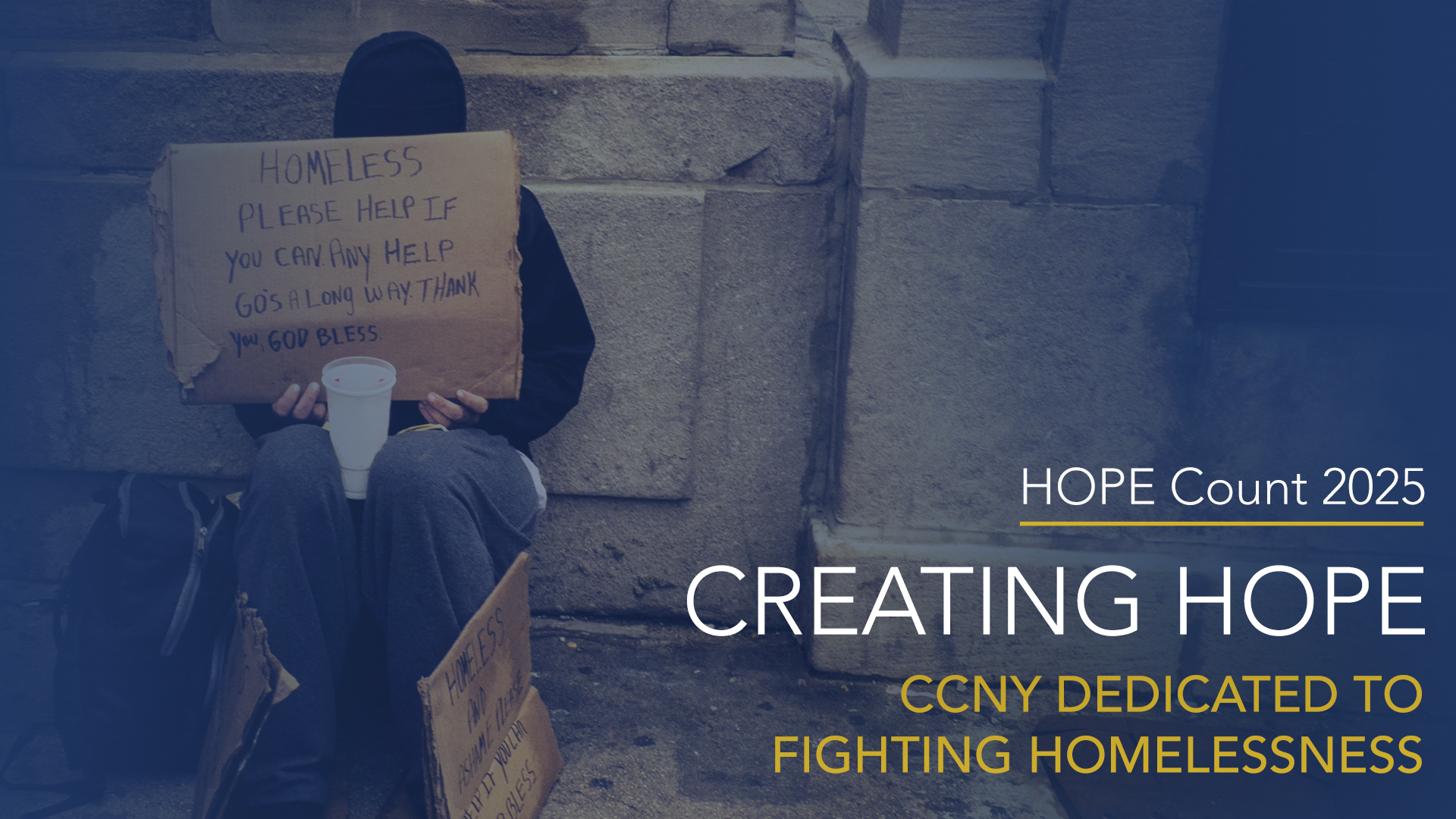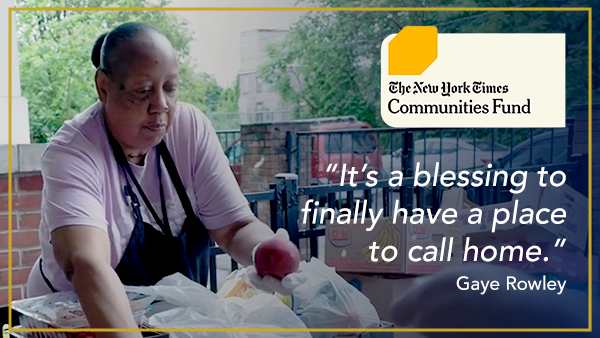Rosella Tedesco is one of millions of Americans whose life was upended by the Great Recession. In 2009, she lost her job as a secretary for an insurance adjuster in Manhattan. She was 52 and worried that age would keep her from finding work. Over the next year, she went on a handful of interviews to no avail. While job hunting, she started receiving unemployment benefits and food stamps. And in 2011, still jobless, she realized she would soon lose her unemployment benefits.
Ms. Tedesco sold off custom jewelry, hand-painted perfume bottles and Barbie dolls. (She had collected more than 120 Barbies over the years.) She had been living in a one-bedroom apartment in Bensonhurst, Brooklyn, and started to fall behind on her $700 monthly rent, even after her landlord lowered it by about $50. In February 2012, Ms. Tedesco was evicted. She turned to a homeless shelter and was referred to an intake shelter in Brownsville, Brooklyn. She made her way there in the pouring rain, devastated and hysterical.
“On the train, I kept thinking: ‘You know what, just throw yourself in front of the train. You won’t have to go through all this,’” recalled Ms. Tedesco, now 62, in a recent interview. “But something kept stopping me.” Three weeks later, she was moved to a women’s shelter nearby. Living there felt like a downward spiral. Other women would verbally and physically abuse her, she said, and she could not silence her suicidal thoughts. “The fight’s out of me,” she remembered thinking. “I’m done.” Shortly after arriving, Ms. Tedesco learned she had depression, anxiety and fibromyalgia, a condition that causes widespread pain, fatigue and sleep problems.
Weeks went by and then, suddenly, she was stirred to action. “I woke up one morning and I said: ‘You know what? I’m going to get myself out of here.’” It was in the shelter’s cafeteria that Ms. Tedesco discovered a program that would help her do that. In August 2012, she overheard someone recruiting participants for an empowerment program at Xavier Mission, an agency of Catholic Charities of the Archdiocese of New York, one of the seven organizations supported by the The New York Times Neediest Cases Fund. The program, called L-STEP, for Life-Skills Training and Empowerment Program, offers homeless New Yorkers mentoring, group support and training in life skills.
Ms. Tedesco had been scraping by on cash assistance and food stamps. When she learned that the program provided stipends, she enrolled within weeks. She was assigned a mentor, and attended Xavier Mission’s workshops on goal-setting and empowerment. Ms. Tedesco had been depressed for years, she said, and had gradually distanced herself from others. L-STEP eased her loneliness. “Something about that program just changed me,” she said. “It kind of started taking me out of my own depression.” She would soon have other reasons to smile. In September 2012, she was approved for supportive housing and started receiving disability benefits. A month later, she bade farewell to the shelter and moved into a rent-subsidized studio apartment in the Bronx.
By the end of 2012, she had graduated from the Xavier Mission program and was invited to recite her graduation speech during Sunday Mass. The uproarious applause brought tears to her eyes, she recalled, and her worries blossomed into hope. “Something snapped in me, and I knew I was going to be O.K.,” she said. “I belong somewhere now,” she said to herself. “This is like my family.” Ms. Tedesco has since put all her effort into giving back and raising awareness about homelessness. After graduating from the program, she started volunteering with Xavier Mission, helping recruit other would-be participants into the program. She also shared her experiences with mentors in training.
She continues to attend the graduation ceremonies and show her support. She also volunteers at special events and during the holidays. This year, days before Thanksgiving, Ms. Tedesco distributed food to clients in the Xavier Mission pantry, at the Church of St. Francis Xavier. “I see myself doing more to help people,” she said. “So much love and attention and time and support has been given to me by so many people at Xavier, that it’s nice to help others.”
These days Ms. Tedesco is being treated for depression, high cholesterol and hypothyroidism. But her financial woes remain her biggest struggle. She still lives in the studio apartment in the Bronx, paying about $400 in rent. She relies on roughly $1,300 in disability benefits and $16 a month in food stamps. Every month, she picks up groceries from Xavier Mission’s pantry.
Catholic Charities has helped lighten the load. The organization used roughly $300 from The Neediest Cases Fund to pay Ms. Tedesco’s electricity bills for September, October and November. Last month, Catholic Charities also gave Ms. Tedesco about $200 from The Fund in the form of Visa gift cards. She plans to buy household items like toiletries and a set of pots and pans. Despite her financial hurdles, Ms. Tedesco still has a sense of humor. She joked that she sees herself starring in a biopic about her life one day, opposite George Clooney.
She remains grateful for the path that led her out of the shelter system. “I pulled myself up out of it, and L-STEP pulled me the rest of the way,” she said. Now, the staff members at Xavier Mission are her closest friends. “As bad as it was to be homeless and all that, I would have never met any of these people,” she said. “They changed my life.”
Donations to The Neediest Cases Fund may be made online, or with a check or over the phone.


